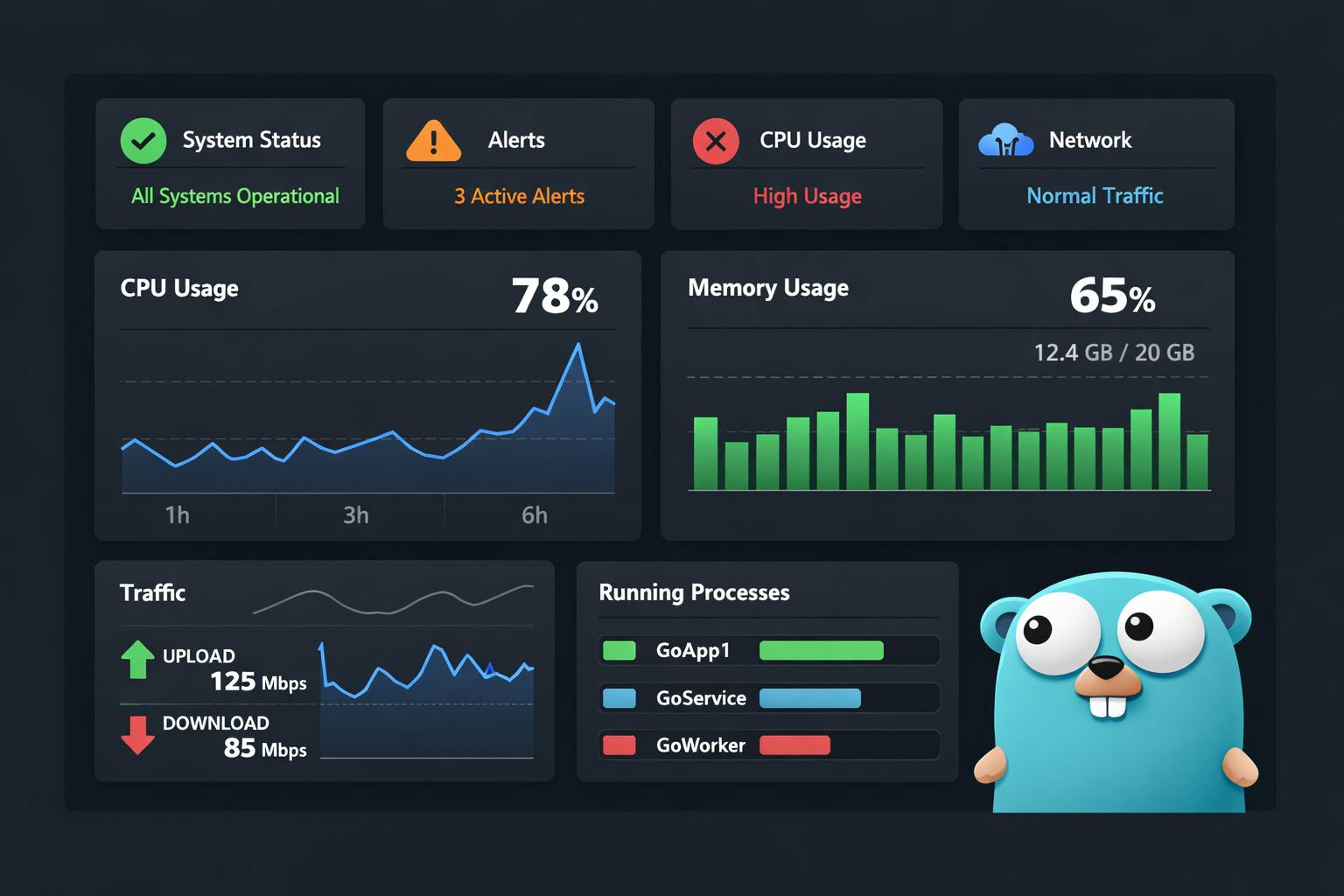SALT LAKE CITY (KUTV) — As artificial intelligence continues to evolve and filter into various professions, police departments and public safety agencies in Utah have started using the tool.
2News noticed a disclaimer at the bottom of a 10-page charging document written by the San Juan County Sheriff’s Office.
The department recently started using AI. Other departments have been using it for much longer.
MORE | New technology is changing the way investigators record the aftermath of crashes and crime scenes
“We’ve been using it for over a year,” Moab City Police Chief Lex Bell said. “We signed a contract last October or November and have been using it for report writing ever since.”
Chief Bell emphasized that the AI tool they use has saved significant time and increased the accuracy of their reports.
“So the quality reports are up,” Bell said. “The amount of time we spend actually working on reports has dropped significantly, which obviously allows us to be back in the community and deal with other matters much more quickly.”
The Moab City Police uses an AI product called Peach Safety, designed specifically for public safety agencies to assist with report writing.
The product has several capabilities including speech-to-text, research tools and other analytical tools to record audio, body camera video, handwritten notes and images to create reports.
“You could just tell it what to do and it will reformat it,” Bell said. “You don’t go through line by line and have to make room for it and delete it. You just tell it what to do and it does it.”
Sergeant Monty Risenhoover of the Moab Police Department has led much of the integration of artificial intelligence over the past year.
“I knocked, I said 30 minutes earlier, back to a maximum of five minutes,” says Risenhoover, who sees the biggest benefits of AI in grammar and name correction in a report.
Both Risenhoover and Bell said officers must verify the accuracy of all information in the reports before signing off.
“Essentially, criminal defense involves the deprivation of someone’s liberty based on an investigation conducted by an officer,” says criminal defense attorney Skye Lazaro. “There have always been questions about police reports and the way investigations are conducted. I think this adds another layer to that.”
Lazaro, who sees the value of AI for officers in terms of time spent on paperwork, also questions the validity of some reports.
“You know we’ve always questioned reports,” Lazaro said. “That’s why we conduct the cross-examination in due process, and it’s part of the criminal justice system to make sure what the officer did is consistent with the bodycam or other evidence.”
Law enforcement agencies in Utah can legally use artificial intelligence after Stephanie Pitcher introduced a bill titled “Law Enforcement Uses of Artificial Intelligence” during the 2025 General Session.
The highlights of the bill include:
- Require a law enforcement agency to have policies regarding the law enforcement agency’s use of generative artificial intelligence.
- Require a police report or other law enforcement record to include a disclaimer if the report or record was created in whole or in part using generative artificial intelligence.
- Require the author of a police report or other law enforcement document created in whole or in part using generative artificial intelligence to certify that the author has read and reviewed the report or document for accuracy.
Governor Spencer Cox signed SB 180 on March 25. The bill, which received zero “no” votes in the House and Senate, became law on May 7.
Peach Safety lists other Utah departments they work with, including the Grantsville Police Department and the Utah Department of Corrections.
According to the Peach Safety website, the AI tool costs $15 per month, per user.
“We started testing it for a few months and we loved it,” Bell said. “We said, ‘Where can we sign up?’ We’re going to do it, we’re going to keep doing it.”
_____










